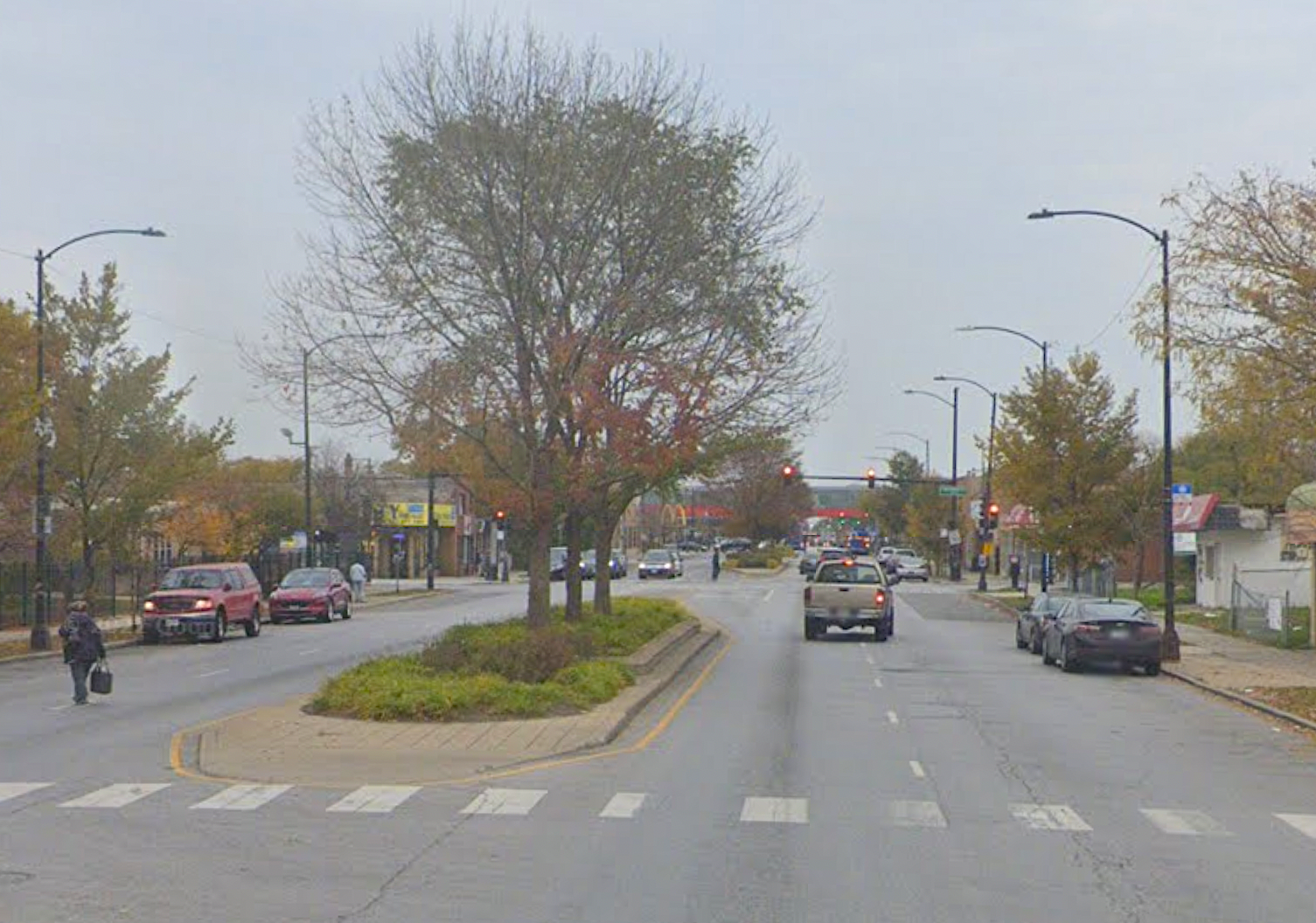
In a continuation of a long-term trend with devastating results for city residents, job creation in the Milwaukee region in the wake of the Great Recession has been focused in the suburbs. The Milwaukee Journal Sentinel found that Milwaukee County has recovered only 35 percent of the jobs it lost in the economic downturn, meanwhile the surrounding suburban counties have recovered 70 percent. The report also found that new jobs in Milwaukee County tend to be lower paying, with a higher share of temporary positions.
James Rowen at the Political Environment writes that while suburban interests seem to take a perverse glee in the city's troubles, in the end the whole region and state suffers:
The wealth and jobs data that [the Journal Sentinel's Rick] Romell cites show the result of decades of discriminatory public sector policies that disconnected transit links and thus intentionally reduced work and housing options for lower-income, minority Milwaukee residents by literally putting jobs and affordable housing out of reach.
While government builds more highways to serve suburban commuters - - despite a federal court ruling to the contrary - - and even now is contemplating giving the [suburban] City of Waukesha an exception to a multi-state water management agreement and allow Waukesha a diversion of Lake Michigan water not only for current needs, but to serve undeveloped acreage.
The sad irony in all this is that while the suburban counties and their louder political and media voices find votes and comfort manipulating Milwaukee, the state will not succeed like, say, Minnesota, because you cannot have an economically vibrant and attractive state economy if you deliberately constrict, abuse and stunt its largest city - - the center of the state's commerce, banking, culture, entertainment and, in our case, the connection to an even bigger economy - - Chicago.
Elsewhere on the Network today: Greater Greater Washington explains why the new tolled lanes on I-95 in Maryland are likely to drain money from people who never use them. Twin City Sidewalks runs with the notion of freeways as public spaces for the expression. And Broken Sidewalk sees what lessons can be drawn from a heat map of where people are tweeting in Louisville.





